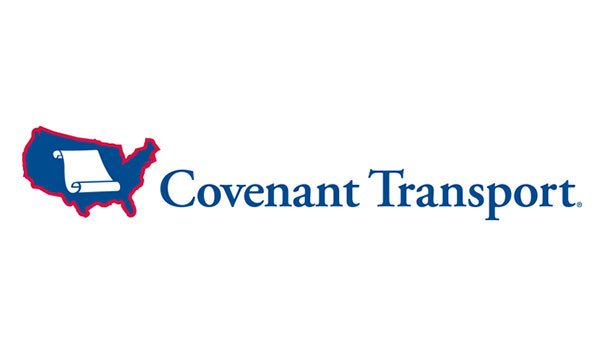How Long Do Various Employment Negatives Remain on Your Record?
My Mom (a good ole Old Testament Mom) was fond of quoting Numbers 32:23 to me as a kid; "your sin will find you out." Fair enough I guess, but I always scratched my head and wondered how long the dadgum sin would follow me around.
I've had many questions recently on how long negative information will stay on various reports potential employers may order. This depends on the information, how it is obtained and even varies by state, but let's use a broad brush, not get too technical and review four primary areas of information employers review on potential drivers; Employment, Driving, Criminal and CSA2010 PSP reports-and how long negatives can stay on these reports.
Key timeframes to remember are 3 years, 5 years, 7 years and indefinitely.
3-year Information
DOT Drug and Alcohol Violations stay on your record for 3 years. (Keep in mind; a company may not report the positive or refused test longer than 3 years, but still report that the driver was terminated and is not eligible for rehire due to a company policy violation longer than 3 years. A positive or refused test can ruin your driving career for a long time.)
Many moving violations will fall off your driving record (MVR) in 3 years. However, the information found on MVRs can no longer be reliably classified as 3-year information. Many states have passed laws that alcohol violations remain on the record for 10 years. Some states show even regular moving violations for 10 years if the violator is a CDL holder. Other states just mess up the whole scheme. For example, one state reports moving violations for 5 years. DWI, no insurance and drug-related violations are reported indefinitely, while SR judgments are reported for 11 years.
Roadside Inspection Data on CSA2010 PSP Reports obtained from the FMCSA MCMIS system fall off after 3 years.
5-year Information
Crash data obtained from the FMCSA MCMIS system.
7-year Information
Employment information obtained from a consumer reporting agency (CRA) that will be used to help decide if you get a job, could negatively affect your chances for getting a job for 7 years. The most common CRA agency of this type for truck drivers is HireRight (formerly known as USIS or DAC Services), the company that provides "DAC Reports." After 7 years, the CRA may report basic information such as dates of employment, but not information such as job performance, reason for leaving, eligibility for rehire, etc., that could be negative. This includes incident/accident information. (After 10 years, even the basic information falls off.)
Criminal record arrest information that does not have a conviction may be reported for 7 years only. If there is a conviction, the information may be reported indefinitely in the majority of cases.
No time limit
The most common type of information that doesn't expire is a criminal record conviction data. However, as mentioned above, some states have indefinite reporting periods for driving violations.
One thing to keep in mind for most of these negatives is that timing, even within reporting periods, matters. In other words, a criminal conviction from 11 years ago matters less than one which happened a month ago. A negative employment reference from 5 years ago with satisfactory work experience since then matters less than one from your immediate past employer.
If you are looking for a job or thinking about looking for job, you should obtain all your information and know when any negatives will drop off. Needless to say, if there are negatives that should not be on your reports in the first place, you take steps to correct them before they affect you.
Derek Hinton is the CEO of TIES, LLC, better known as www.DOTJobHistory.com . DOTJobHistory allows drivers to obtain and verify their employment (DAC), driving and criminal records. They may then make this information available over the web to employers who can access the information instantly.
Derek has over 20 years experience in the areas of employment screening, the Fair Credit Reporting Act and Motor Carrier Safety regulations. He began his career at DAC Services in 1984 and is the author of The Criminal Records Manual, a book that details criminal records in the hiring process.
Contact information for Derek can be found at dotjobhistory.com
Written by: Derek Hinton
















